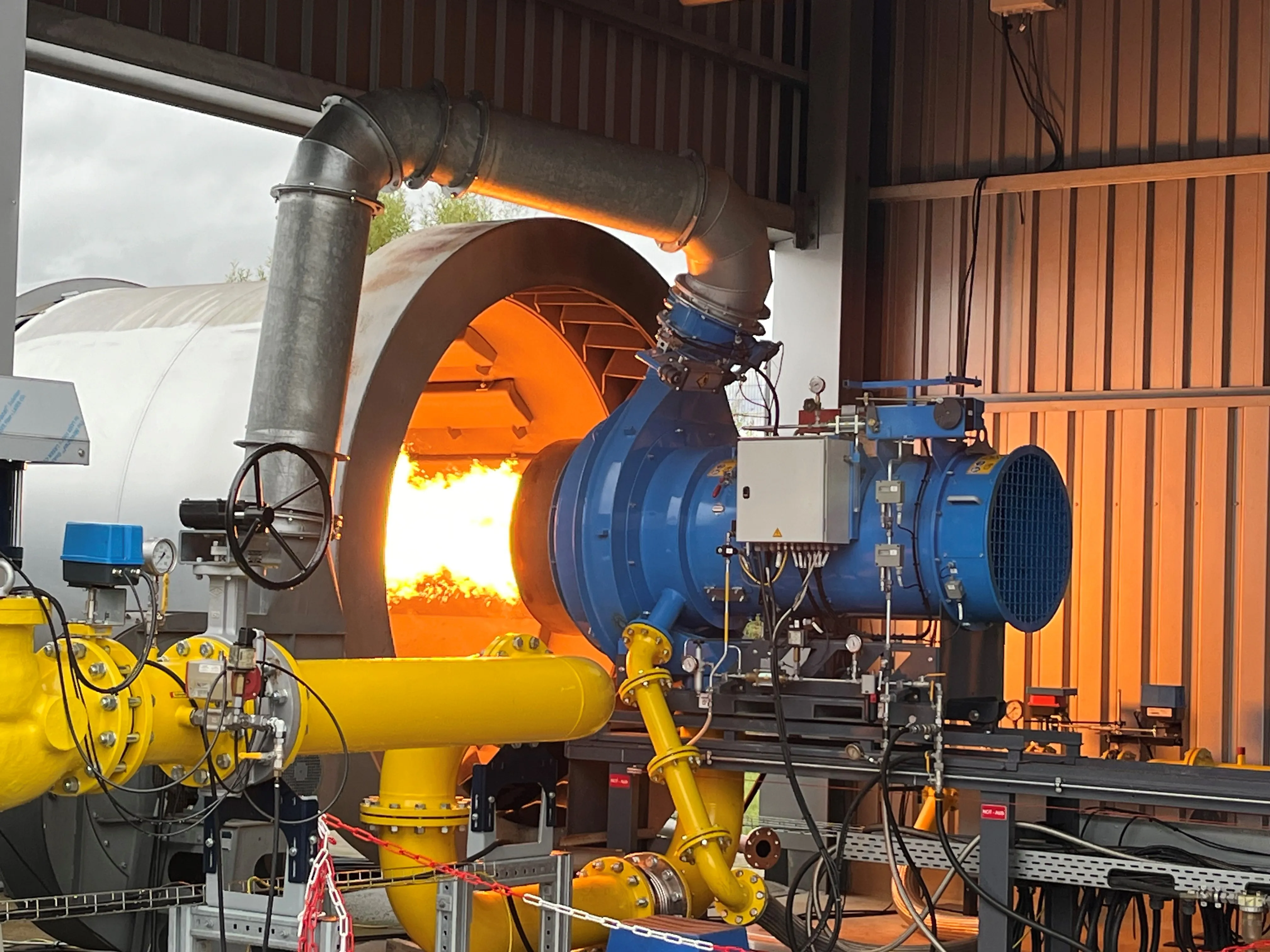While the market for fuel cell vehicles (FCVs) has been slower to develop than many anticipated a few years ago, major automakers including Toyota, Daimler, GM, Honda, and Hyundai have all publicly stated that fuel cells are a critical piece of a complete clean vehicle portfolio.
May 1, 2012
Read time: 3 mins
While the market for fuel cell vehicles (FCVs) has been slower to develop than many anticipated a few years ago, major automakers including 2728 Toyota, 3992 Daimler, 2456 GM, 2288 Honda, and 236 Hyundai have all publicly stated that fuel cells are a critical piece of a complete clean vehicle portfolio. Commercialisation is expected to accelerate beginning in 2015. According to a recent report from 4077 Pike Research, cumulative commercial sales of FCVs will surpass one million by the end of this decade, generating US$16.9 billion in annual revenue by 2020.
The largest market for FCVs will be the Asia Pacific region, which will account for more than half of total worldwide sales in 2020. The most rapid growth, however, will come in Western Europe, where sales with increase at a compound annual growth rate (CAGR) of almost 53 per cent.
“The limiting factor for the FCV market will be the availability of hydrogen infrastructure,” says senior analyst Lisa Jerram. “If current plans for station construction are delayed or abandoned, the rollout of FCVs will be similarly pushed back.”
While these latest figures represent a downgrade from Pike Research’s previous FCV forecasts, published in the first quarter of 2010, the cleantech market intelligence firm expects a step change in FCV production levels to occur in 2015. After a five-year ramp-up period, production from top automakers will likely reach just under 58,000 in that year and accelerate rapidly from there. Early sales will be focused on areas where infrastructure investments have been or are being made, such as the United States (primarily California and the New York City region); Germany; Scandinavia; Japan (mainly Tokyo, Nagoya, Osaka, and Fukuoka); South Korea (primarily around Seoul); and Shanghai, China.
Pike Research’s report, “Fuel Cell Vehicles”, analyses opportunities and challenges in the development of commercially viable fuel cell cars, buses, and trucks. The report provides an examination of the key market drivers and barriers for FCV development in the face of competition from incumbent internal combustion engine vehicles and new plug-in electric vehicles. It includes a status update on the progress of fuel cell R&D toward meeting commercial technical and cost targets for cars and buses. The report also covers key countries’ policies promoting development and adoption of FCVs, strategies and plans of major industry players, and discussion of the vehicle segments and drivetrain configurations under development. The report forecasts global pre-commercial deployments of LDVs and buses through 2014, global commercial sales of LDVs and buses from 2015 through 2020, and potential revenue from fuel cell LDVs from 2015 through 2020.
The largest market for FCVs will be the Asia Pacific region, which will account for more than half of total worldwide sales in 2020. The most rapid growth, however, will come in Western Europe, where sales with increase at a compound annual growth rate (CAGR) of almost 53 per cent.
“The limiting factor for the FCV market will be the availability of hydrogen infrastructure,” says senior analyst Lisa Jerram. “If current plans for station construction are delayed or abandoned, the rollout of FCVs will be similarly pushed back.”
While these latest figures represent a downgrade from Pike Research’s previous FCV forecasts, published in the first quarter of 2010, the cleantech market intelligence firm expects a step change in FCV production levels to occur in 2015. After a five-year ramp-up period, production from top automakers will likely reach just under 58,000 in that year and accelerate rapidly from there. Early sales will be focused on areas where infrastructure investments have been or are being made, such as the United States (primarily California and the New York City region); Germany; Scandinavia; Japan (mainly Tokyo, Nagoya, Osaka, and Fukuoka); South Korea (primarily around Seoul); and Shanghai, China.
Pike Research’s report, “Fuel Cell Vehicles”, analyses opportunities and challenges in the development of commercially viable fuel cell cars, buses, and trucks. The report provides an examination of the key market drivers and barriers for FCV development in the face of competition from incumbent internal combustion engine vehicles and new plug-in electric vehicles. It includes a status update on the progress of fuel cell R&D toward meeting commercial technical and cost targets for cars and buses. The report also covers key countries’ policies promoting development and adoption of FCVs, strategies and plans of major industry players, and discussion of the vehicle segments and drivetrain configurations under development. The report forecasts global pre-commercial deployments of LDVs and buses through 2014, global commercial sales of LDVs and buses from 2015 through 2020, and potential revenue from fuel cell LDVs from 2015 through 2020.






